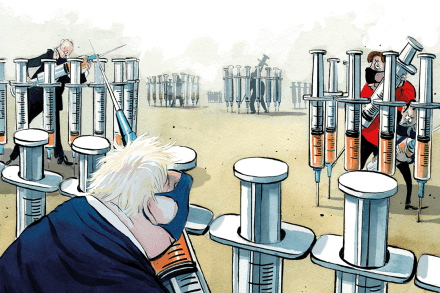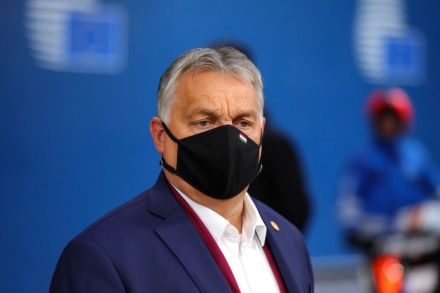Is India to blame for the UK’s vaccine delay?
The UK vaccination programme has been such a success to date that until yesterday evening it seemed a formality that the government would achieve its target of offering all adults at least a first dose of a Covid vaccine by July. Indeed, on Monday it looked as if this date might be brought forwards when it was announced that there would be a huge uplift in vaccine shots available, thanks to the arrival of a large consignment of AstraZeneca vaccine from India. Instead of 2 million doses a week, the vaccination programme would be able to deliver 4 million doses. On Wednesday evening, however, that hope was shattered. Firstly, Ursula





















